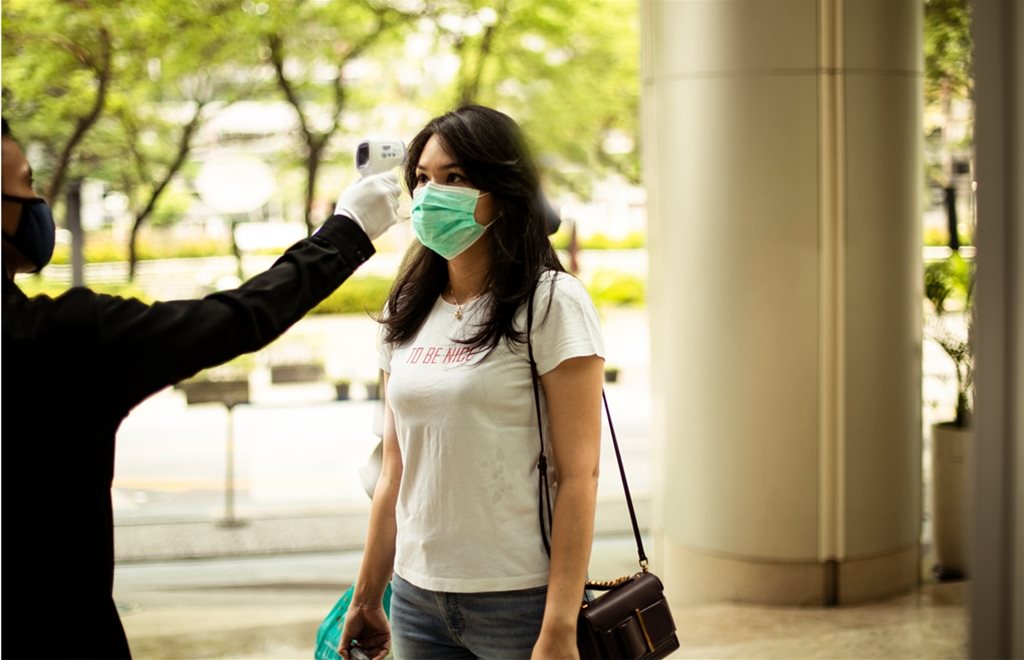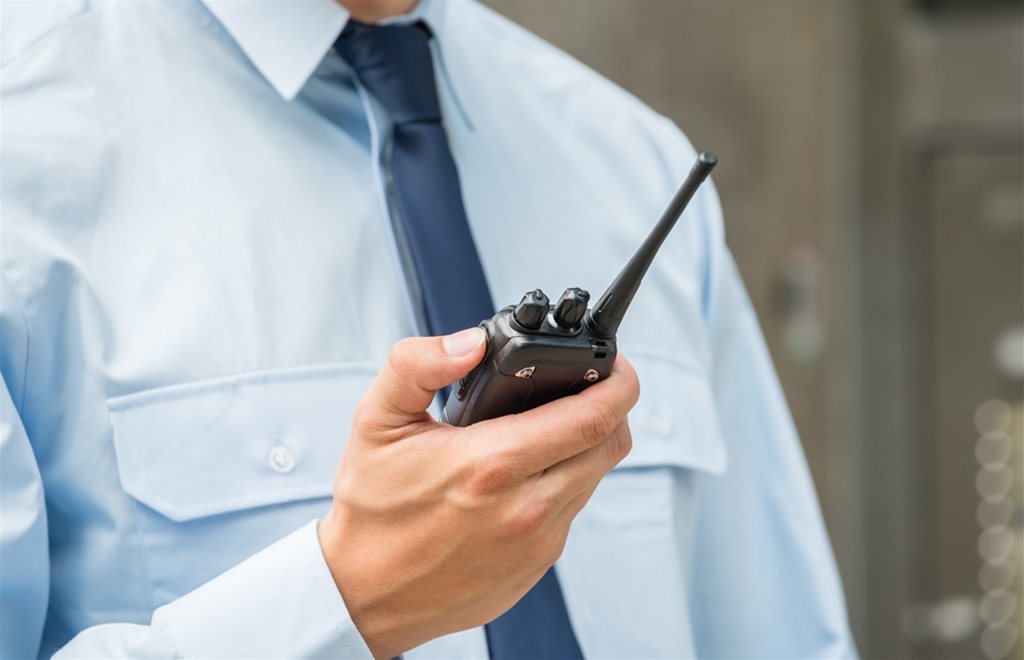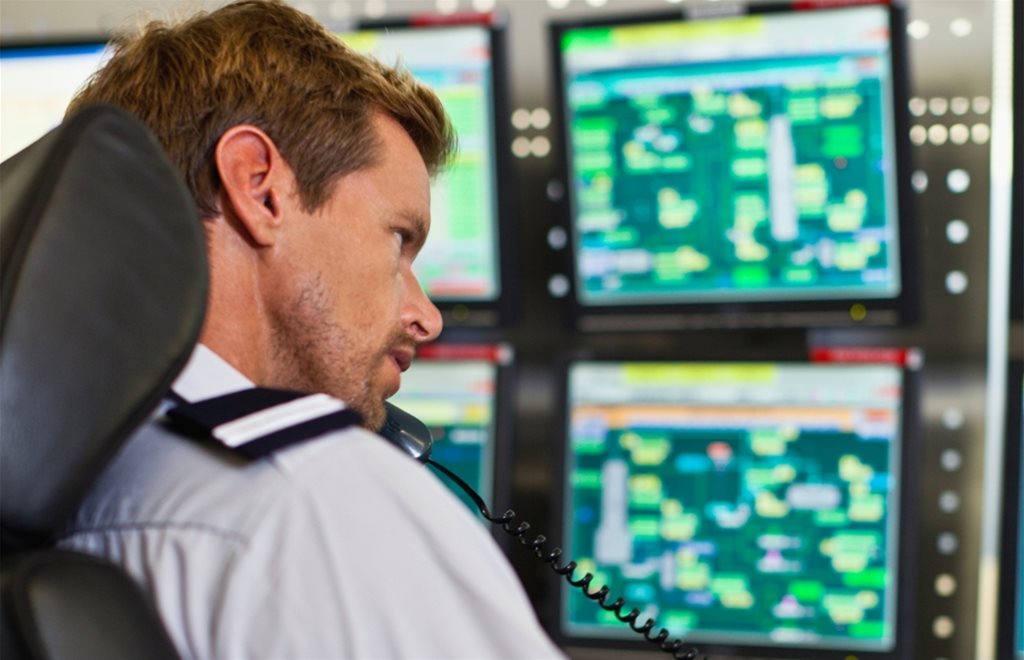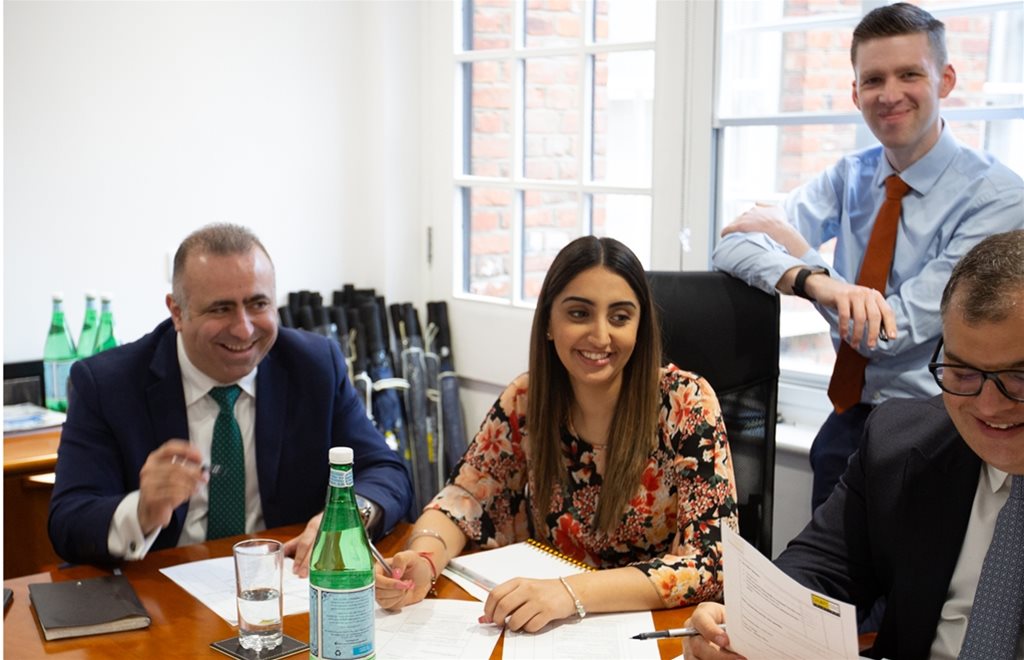Security staff’s training and tasks, and their extra responsibilities in a post COVID-19 world, come under the scrutiny of Theo Nicolaou
SECURITY OFFICERS are responsible people, and their role throughout this pandemic has shifted perceptions. People recognise the sacrifices that they have made to keep others safe, and acknowledge that they were prepared to go out when others stayed in, to protect both people and properties.
As workplaces have begun to reopen, the public also appreciates the efforts of security officers to make the process as safe and seamless as possible. In common with other frontline roles – such as those of cleaners, caterers, refuse collectors and shop workers – the contribution of these officers in helping everything return to some form of normality will be essential.
Many security staff undertake the daily and weekly checks for facilities management (FM) teams. This involves using the FM online management system and updating the weekly building information, so strong IT skills are now a must.
Officers frequently move into FM roles, or become building managers, and these skills enhance those opportunities.
Training needs
While security training varies from sector to sector, there is one common need: robust customer service. It can be used to defuse situations, build rapport with tenants, aid familiarity and add a layer of reassurance – all of which are important in view of the circumstances in which they work.
Online and face to face, SmartSec Solutions is retraining its staff to manage the new security normal. The positions of security officers are adapting as quickly as the layout of our offices. We have developed in house training courses focusing on front of house skills, and this one to one coaching with front of house team members involves videoing them as they conduct day to day duties, enabling the trainer and participant to replay the video, analyse what they did well and highlight any flaws which may need to be addressed.
Body language, eye contact and how the participant meets and greets visitors are analysed, as the fine details go a long way to enhancing that first impression when entering a building. In addition, the subject of mental health is taken very seriously – it is no longer a taboo subject, particularly in the workplace.
This becomes more prevalent post lockdown as employers take on a duty of care for a returning workforce that is likely to be confused and apprehensive.
With so many people either furloughed, out of a job or under pressure to keep things operating, mental health support has never been so important. In 2019, we made sure that our account managers undertook mental health first aid training. With a workforce of more than 400 employees, it is vital that they are able to identify the early signs of mental health issues.
Ten years ago, these issues were not such a key focus, but thankfully the world has moved on, and clients are rightly demanding more from our security officers in this area.

Return to work
Ahead of buildings reopening, many of our officers completed an online course specific to COVID-19. Prevent-19 provides the fundamentals of managing buildings with social distancing, face masks and hygiene in mind, enabling the redesign of reception areas for one way directional control. Footprint stickers are also being installed on floors and mats, along with perspex screens at reception desks, tape and barriers to direct people, and foot pump hand sanitisers.
Instead of focusing on access control, protecting the building and providing a warm welcome, security officers are taking leading roles in managing and supporting people in adapting to the new normal. This is where customer services comes to the fore, as they are on the front line, welcoming people back into the workplace and reinforcing the social distancing measures. They also walk people through the rules and new layout, explaining what they should and should not do.
After taking people’s temperatures with handheld thermal imaging equipment, they may then have to hold difficult conversations with those who appear outside of the safe range. In scenarios where teams are returning to work in split shifts or staggered hours, officers make sure that the right employees are allowed in the building at the correct time, and politely turn away those who are not expected in.
In addition, many use counters to ensure the appropriate occupancy levels and report if these are exceeded. They are responsible for directing the one or two people per lift policy, which can be a real challenge in high rise buildings. Often, this involves going back to pressing lift buttons to avoid multiple people touching the same surface and spreading the virus.
One of our challenges in this period is to support customers in multi tenanted buildings. For example, buildings with a single occupier can decide on policies regarding social distancing, access control and temperature checks. However, there needs to be consensus about policy between the tenants and the landlord, as a situation such as one occupier refusing to use temperature screening is liable to result in more conflict management for the security officer.
It is also important to highlight the fact that, as key workers, security staff are one of the groups most vulnerable to and affected by COVID-19, according to the Office for National Statistics. They must be shown respect and valued for the work they do.

Fire and terrorism
Looking beyond COVID-19, we carry out risk assessments for every one of our buildings, and designate one officer to maintain and action fire safety measures. This includes any emergency planning, regular drills and communication with staff on fire safety in the form of training. The designated person must also perform regular fire risk assessments on the premises, and review the process on a regular basis.
Fire hazards and people at risk, for example staff and residents, will be identified and the findings will be evaluated and acted upon. Any actions which you judge may reduce the chances of a fire breaking out should be taken. In addition, we take a great deal of pride in supporting the wider policing family and all of our officers complete action counters terrorism (ACT) awareness training.
This training deals with hostile reconnaissance, identifying potential threats and ways in which we can support police services in the event of a terrorist attack. In our view, ACT should become part of standard Security Industry Authority training regimes. We run a number of our own ACT courses to test our emergency procedures.
These are coordinated by counterterrorism experts, who visit with teams of up to 40 people, and together with our own customers and building tenants, the exercise allows us to review building scenarios. What would happen if there was a terrorist incident here? Would you evacuate, and where to? Where’s the muster point? Different scenarios are covered to prepare for all eventualities. An in house trainer carries out Prevent workshops for our security officers.
This focuses largely on radicalisation, arming them with the tools and knowledge to identify the early signs. Working closely with the City Security Council, we also identify security officers within the City of London whom we believe will benefit from further training in supporting the police in the event of a crisis.

The new normal
People were in lockdown for a long time; some are still or have had to lock down again. Many have returned to work, finding the workplace different from the one they left behind, with restrictions in place. Returning to work can give a false sense of security that the crisis is over, but it’s not business as usual. Some staff will understand that and follow the new rules without question.
Others will find this challenging and push back – they may argue that they are running late to a meeting, and need to jump into a lift and breach social distancing guidelines, for example. It’s easy to see a situation in which people may become aggressive, and it will often be the responsibility of the security officer to manage these issues.
Customer service training is absolutely key here. These are sensitive issues and security officers need to be properly trained in how to handle them adeptly. Personnel flouting the rules may be senior people within the organisation or even important clients, and they may need to be treated firmly, but with respect. Prevent-19 training helps us understand social distancing practices and how to police them sensitively and confidently.
Such guidance will change as government advice changes, and there will also be company and building specific rules. Nevertheless, good customer service skills – including the ability to manage difficult or aggressive people – remains a constant
Theo Nicolaou is the managing director of SmartSec Solutions
